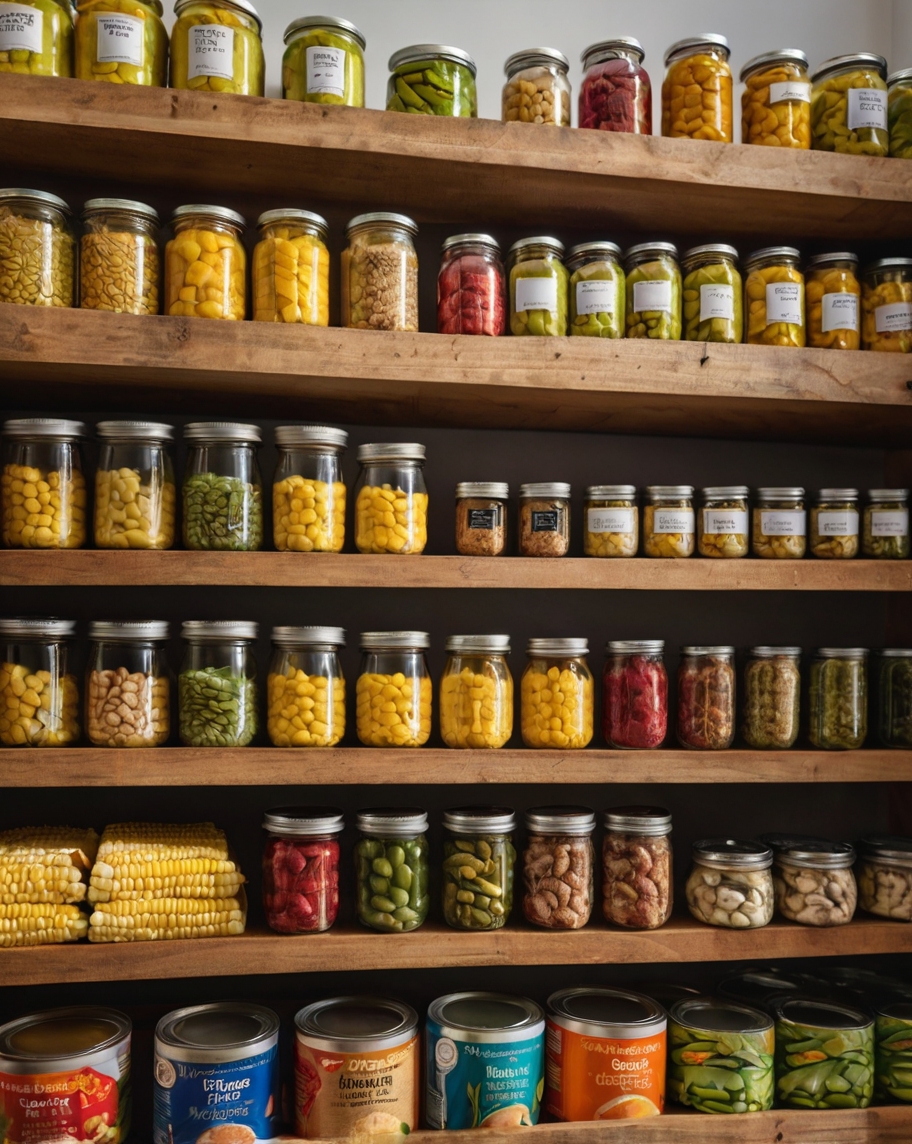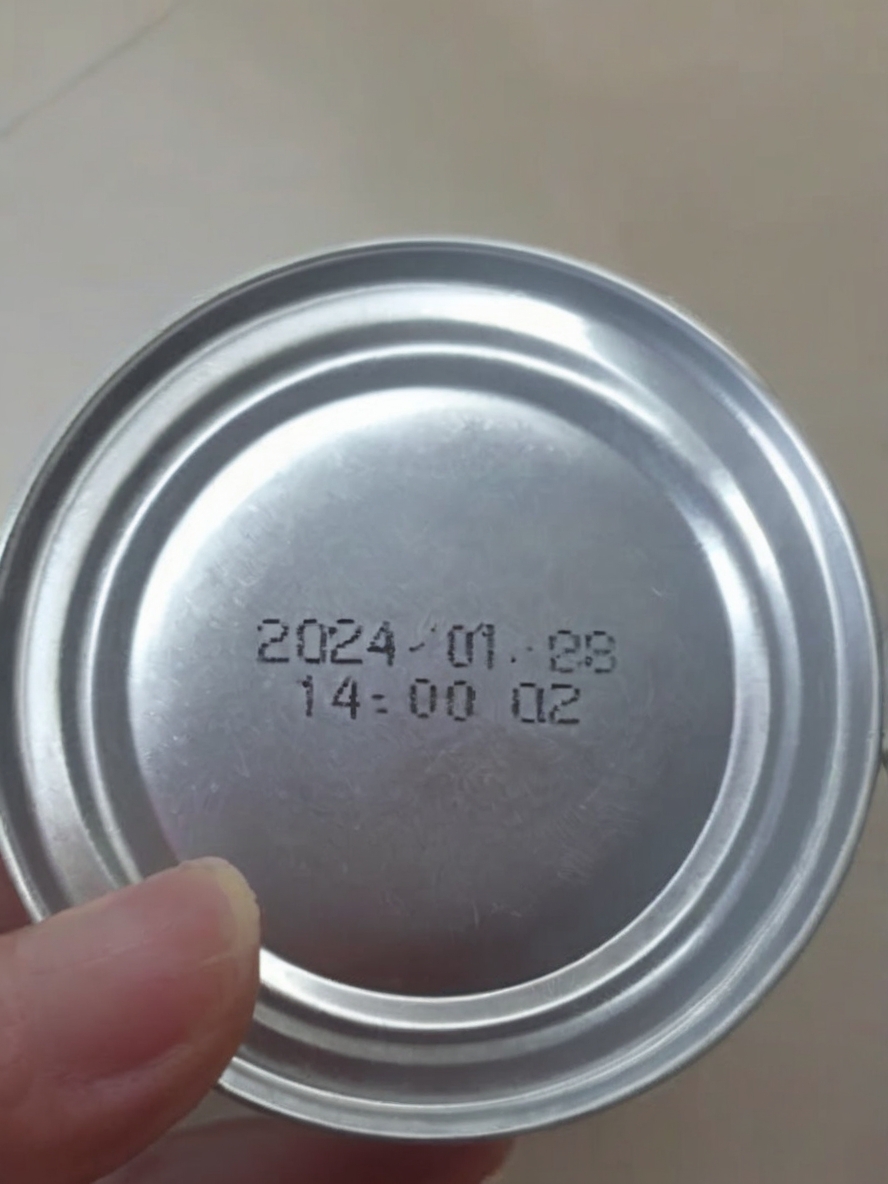Things You Should Know About Food Expiration Dates : A Guide to Maximizing Canned Food Shelf Life
Understanding food expiration dates can help you save money, reduce food waste, and ensure safe consumption of pantry staples. Labels like "Best By," "Sell By," and "Use By" often cause confusion, especially when it comes to canned foods. These dates don’t always indicate when food becomes unsafe but rather when it’s at its peak quality. This guide will help you navigate canned food labels and learn how to store and use items like canned tuna, green beans, and corn, even after their "Best By" dates.
What Does "Best By" Really Mean?
The "Best By" date is not a hard expiration date but rather a recommendation from the manufacturer about when the product will be at its best quality. Canned foods, in particular, often remain safe to consume long after this date if stored correctly.
Canned Corn: A Long-Lasting Staple
Canned corn is one of the most durable items in your pantry. When stored in a cool, dry place, unopened canned corn can last up to two years past its "Best By" date. After this period, it might lose some of its flavor or texture, but it will still be safe to eat if the can remains intact and shows no signs of damage.
Green Beans in Cans: Nutritional Longevity
Canned green beans are another pantry essential that stays good for up to two years beyond its "Best By" date. Like canned corn, they are safe to consume as long as the can remains undamaged. Be aware that the texture might soften, and the taste could slightly change over time.
Canned Tuna: A High-Protein Powerhouse
Canned tuna is beloved for its versatility and nutritional value. Properly stored, canned tuna can last three to five years beyond its "Best By" date. While long-term storage may affect its flavor and texture, the tuna remains safe as long as the can is in good condition.
How to Assess Safety: A Quick Checklist
Before consuming canned food that has passed its "Best By" date, follow this simple safety guide:
- Inspect the Can: Look for any signs of rust, dents, bulging, or leaks.
- Check the Smell: If the food smells off after opening, discard it.
- Assess Appearance and Texture: Significant changes in color or texture may indicate spoilage.
- Err on the Side of Caution: When in doubt, throw it out. Prioritize safety.
Expert Tips for Storing Canned Foods
To extend the shelf life of your canned goods and maintain their quality, follow these storage tips:
- Keep It Cool and Dry: Store cans in a place with a stable temperature, ideally between 50°F and 70°F (10°C to 21°C). Avoid areas exposed to direct sunlight or humidity.
- Organize by Date: Rotate your stock by placing older cans at the front and newer ones at the back.
- Avoid Damage: Handle cans carefully to prevent dents, which can compromise their seal.
- Refrigerate Leftovers Properly: Transfer unused portions to an airtight container and refrigerate. Consume them within two to three days.
Creative Ways to Use Canned Foods
Using canned goods doesn’t have to be boring. Here are some creative and nutritious ideas for incorporating canned foods into your meals:
- Canned Corn: Add to salads, soups, or casseroles for a sweet, nutritious boost.
- Canned Green Beans: Sauté with garlic and olive oil for a quick side dish.
- Canned Tuna: Make a protein-packed tuna salad, mix into pasta dishes, or create savory tuna patties.
Health Benefits of Canned Foods
Canned foods are not only convenient but also pack a nutritional punch:
- Rich in Nutrients: Many canned vegetables and fish retain their vitamins and minerals through the canning process.
- High in Fiber: Canned beans and vegetables are excellent sources of dietary fiber, which supports digestive health.
- Affordable Protein: Canned tuna and other fish provide high-quality protein at a lower cost than fresh seafood.
When to Discard Canned Foods
While canned goods are remarkably durable, there are instances when they should be discarded immediately:
- Damaged Seals: If the seal is broken or the lid is bulging.
- Foul Odors: An unusual or off-putting smell upon opening.
- Visible Mold or Discoloration: Any signs of mold or unexpected colors indicate spoilage.
Eco-Friendly Tip: Reduce Food Waste
Understanding expiration labels can significantly reduce food waste. Instead of discarding canned goods immediately after the "Best By" date, use them creatively in recipes or donate unopened items to local food banks.

Final Thoughts: Demystifying Expiration Dates
Food expiration dates, especially for canned goods, are often misunderstood. By learning the difference between "Best By" and actual expiration, you can make informed decisions, save money, and reduce waste. Canned foods like corn, green beans, and tuna are not only long-lasting but also versatile and nutritious additions to your meals.
With proper storage and careful assessment, you can confidently enjoy these pantry staples while embracing a sustainable and health-conscious approach to food consumption. Remember, when stored correctly, canned goods are a reliable and cost-effective way to maintain a balanced diet.
